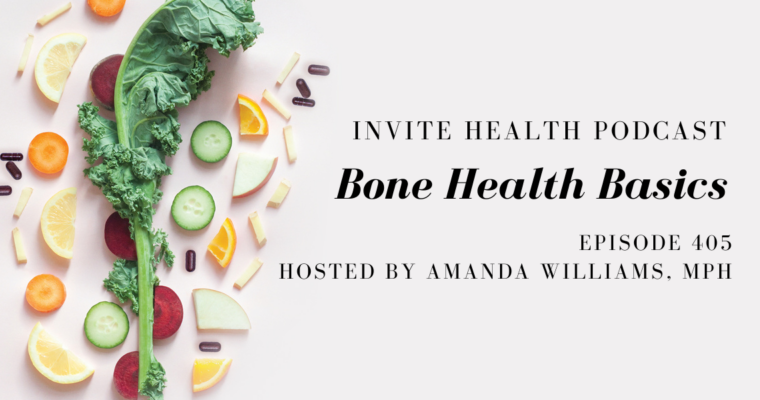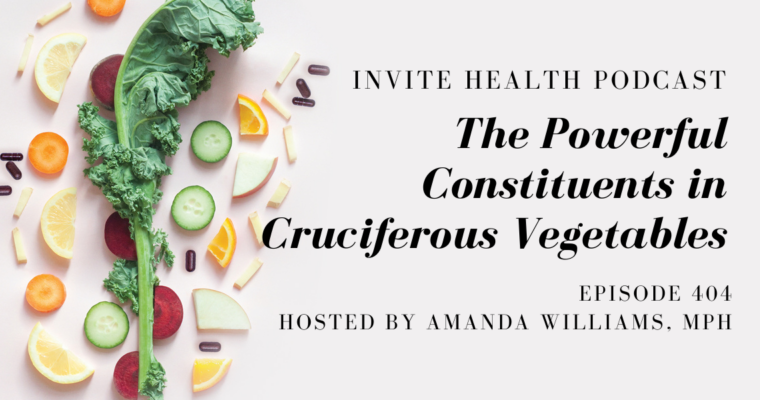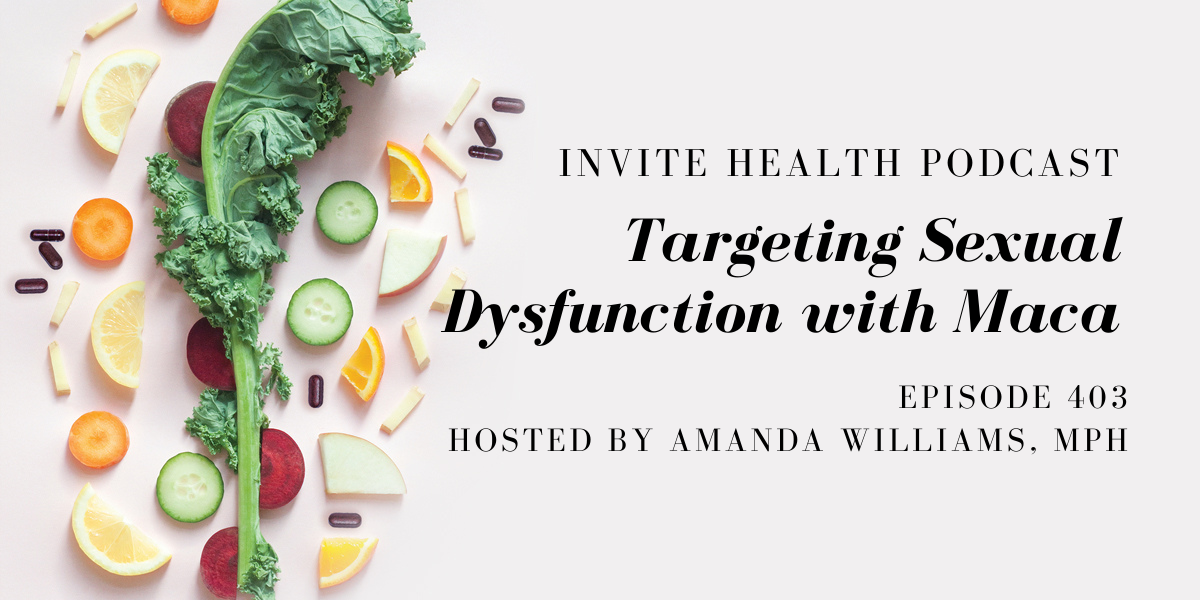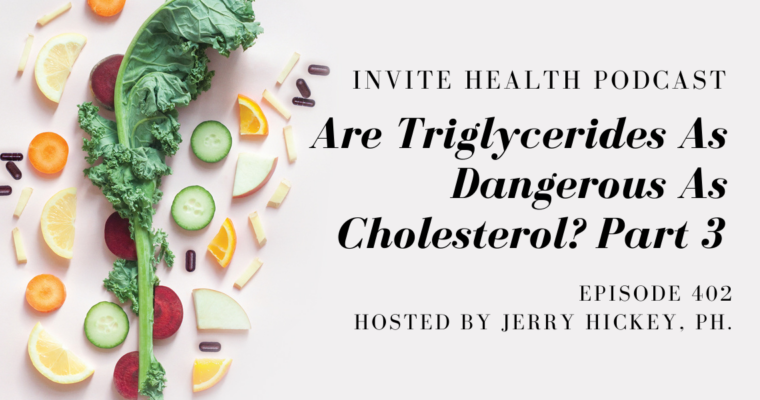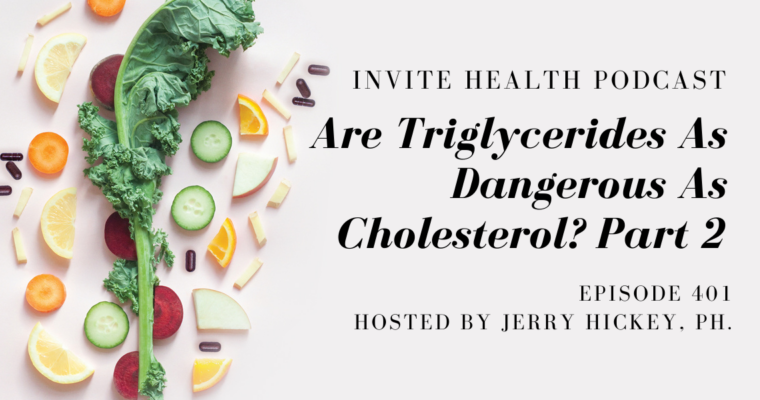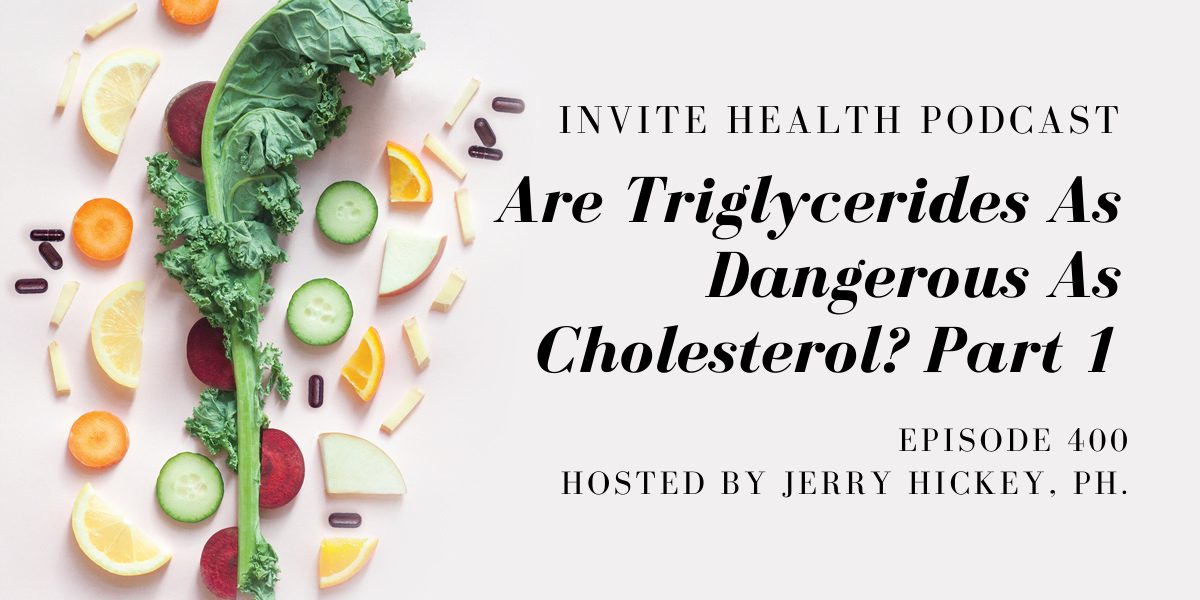triglycerides
InViteⓇ Health Podcast, Episode hosted by Jerry Hickey, Ph.
Subscribe Today!
Triglycerides are a type of fat in your blood that you use for energy, but when they’re too high, they’re extremely dangerous. Testing your blood for triglycerides has turned out to be an important measure of your future heart health and future heart risk.†
HELPING THE HEART STAY HEALTHY – INVITE HEALTH PODCAST, EPISODE 244. Listen Now>>
What are triglycerides?
We call triglycerides lipids because they’re not totally fat. There’s some protein in there, as well as some other components. When you overeat, your body converts any calories that you’re not using right away for energy into triglycerides. These triglycerides are stored as fat and they are released by hormones in between meals so you have a constant source of energy.†
If you regularly eat more calories than you need to burn for energy, especially from high carbohydrate sugary foods, you likely have high triglycerides. This is called hypertriglyceridemia. This can be destructive to your heart, brain, pancreas and liver.†
How this relates to chronic disease states
Triglycerides are also closely linked to sugar levels in the body. When you eat an excessive amount of sugary foods like pasta, white bread and potatoes, you can only store so much of it as glycogen, which is the storage form of sugar. When the glycogen storage sites get full, then you start to convert the excess sugar into triglycerides. This is then stored as fat on the belly. This is how triglycerides are related to both sugar and diabetes.†
Triglycerides are a greasy fat, but not all will be stored as fat. If the triglyceride level in your blood goes high, this can lead to heart disease and it’s strongly connected with cardiovascular events such as strokes and heart attacks.†

A study in the journal Scientific Reports looked at almost 3000 patients over a period of many years. Over those years, the researchers recorded 114 heart attacks and 185 strokes. The factors that they found were connected to a first heart attack included being 75 years old or older, elevated blood sugar, low good cholesterol and elevated diastolic blood pressure. The risk factors for a first stroke included being 75 years of age or older, atrial fibrillation, a poor kidney filtration rate, elevated bad cholesterol and high triglycerides. Triglycerides were strongly connected with an increased risk of having your first stroke.†
POLICOSANOL: NATURE’S SECRET WEAPON IN TARGETING CHOLESTEROL – INVITE HEALTH PODCAST, EPISODE 254. Listen Now>>
When triglycerides are present in excess, they can be stored as fat, which may lead to obesity and all the health conditions that accompany it, such as your blood sugar, blood pressure and inflammation going up. Over time, high triglycerides can contribute to hardening of the arteries, which is the biggest killer on the planet.†
In this episode, Jerry Hickey, Ph. explains what triglycerides are and why they are both helpful and harmful to the body. He details studies on how they contribute to obesity, heart disease and other chronic disease states. Stay tuned for Part 2 of this episode, coming soon!†
Key Topics:
- What fats to get checked in your blood tests
- What is atrial fibrillation?
- Studies on cholesterol and heart health
Thank you for tuning in to the InViteⓇ Health Podcast. You can find all of our episodes for free wherever you listen to podcasts or by visiting www.invitehealth.com/podcast. Make sure you subscribe and leave us a review! Follow us on Facebook, Twitter and Instagram at InViteⓇ Health today. We’ll see you next time on another episode of the InViteⓇ Health Podcast.


